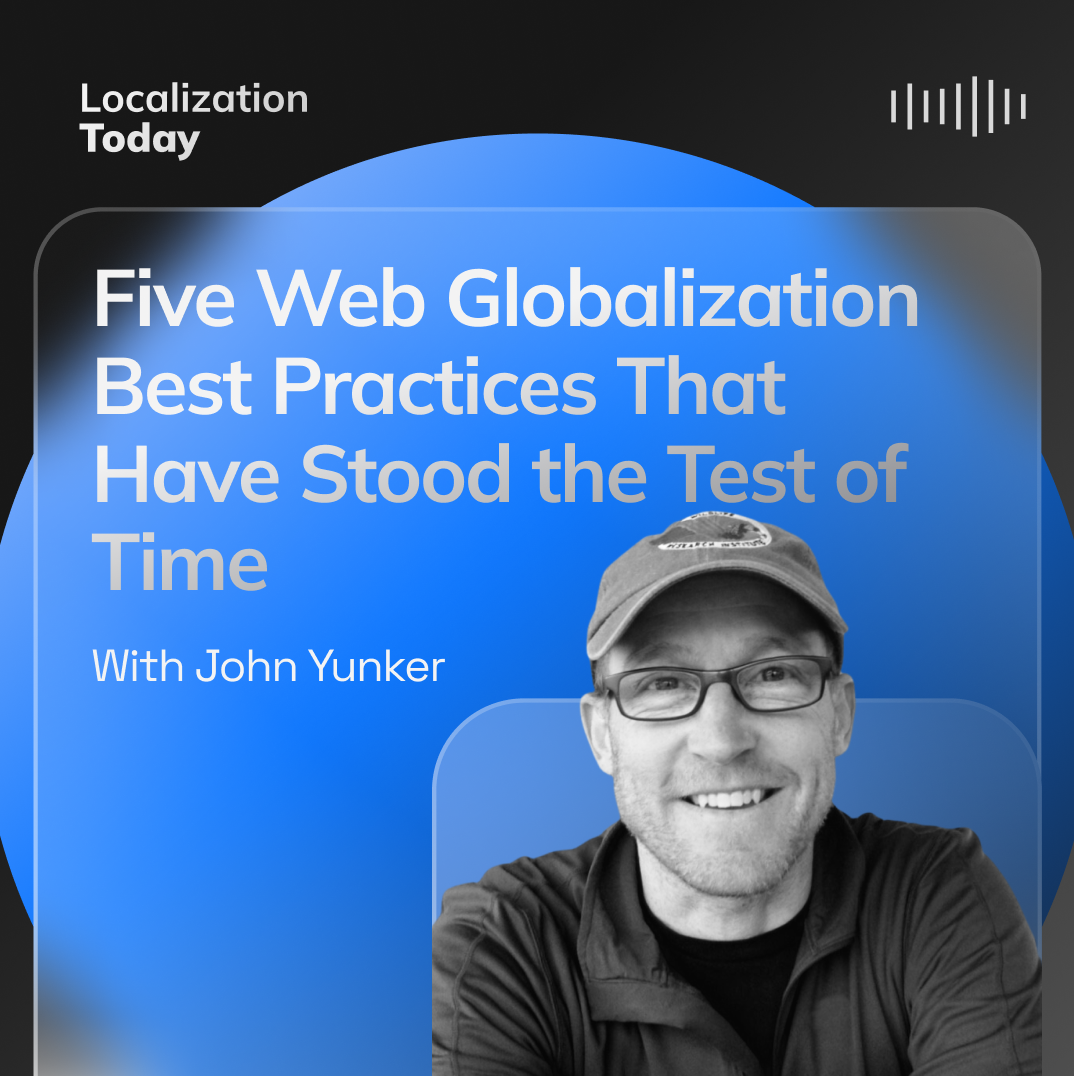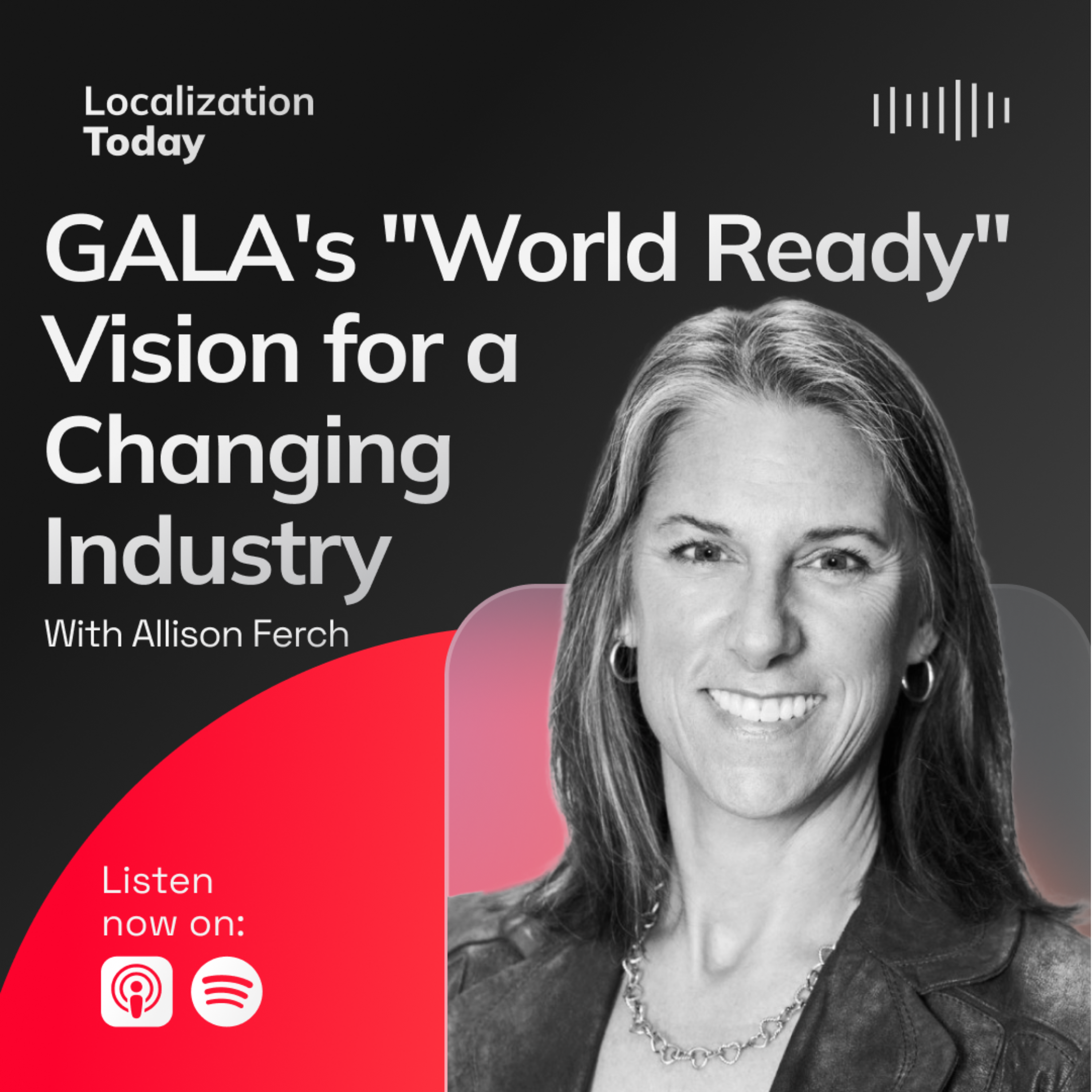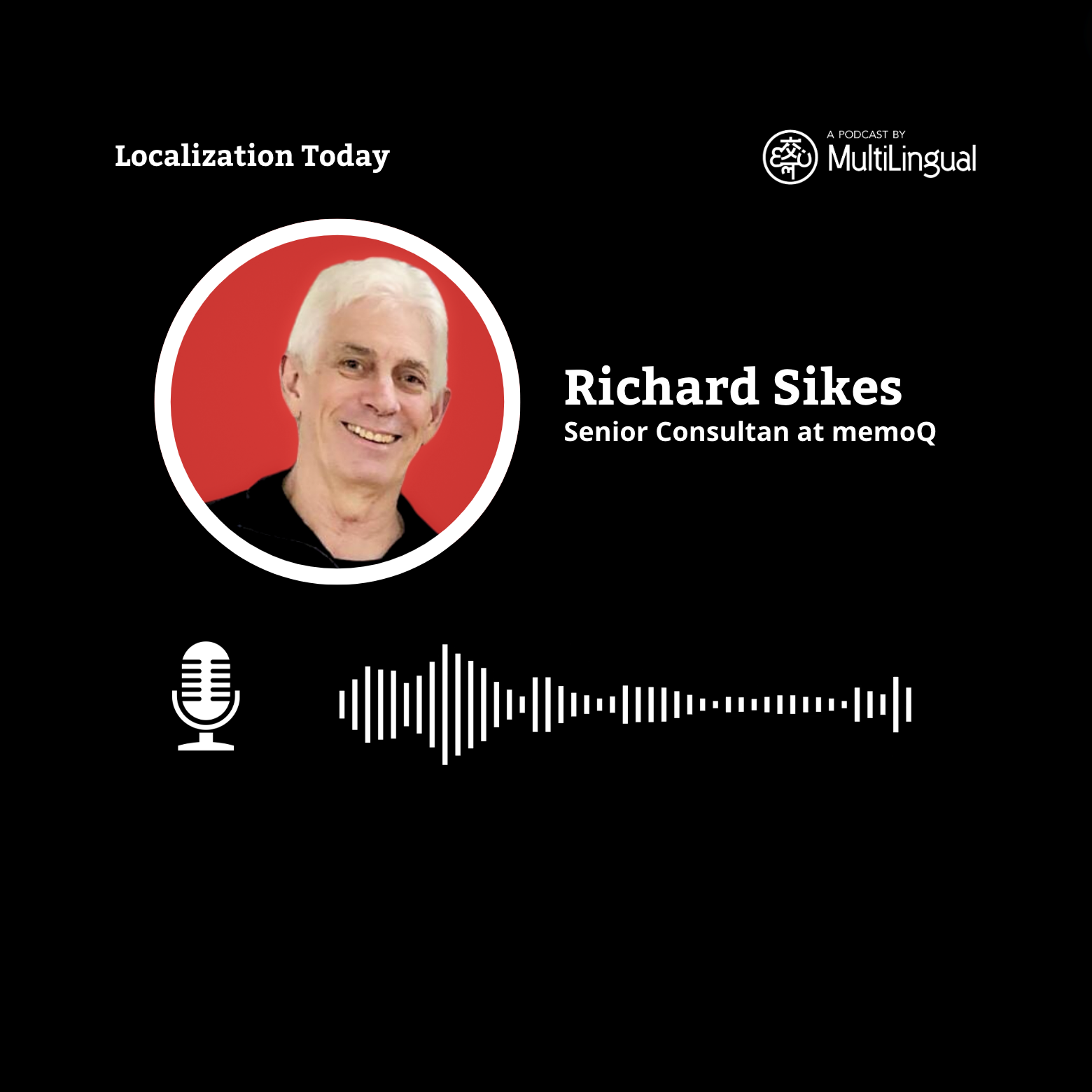Episode Transcript
[00:00:00] Can Freelance Translators Thrive in the AI Era?
[00:00:04] By Pham Ho recently, my sister called from Australia expressing concern about my job as a freelance translator in the age of generative artificial intelligence, Gen AI.
[00:00:16] Her voice was filled with worry. If your translation career isn't going well, maybe it's time to return to teaching, she suggested.
[00:00:25] Move here. There are a lot of opportunities. Her worries aren't unfounded. In fact, I've often heard similar concerns from friends and colleagues.
[00:00:35] A recent survey by the Society of Authors revealed that over a third of translators have already lost work to gen AI.
[00:00:42] More than 40% report declining incomes, and a staggering three quarters fear that AI will continue to erode their livelihoods.
[00:00:50] My own experience as a freelance translator, however, has been different, at least so far.
[00:00:57] My income over the past few years has remained stable, even showing a slight increase.
[00:01:03] That said, the nature of my work has shifted significantly compared to a decade ago.
[00:01:08] Additionally, compensation for each project doesn't go as far as it once did.
[00:01:14] Before AI became prevalent, I primarily worked on direct human to human translations, marketing materials, manuals, informed consent forms, and so on.
[00:01:25] Today, I still handle these types of content, but many projects now involve post editing. AI generated translations Assignments that once required full human translation are now often pre processed by machine translation mt, with my role shifting to post editing rather than translating from scratch.
[00:01:45] Not long ago, I spent nearly a week editing a complex AI generated translation for a major European client in the medical devices sector.
[00:01:55] It was a demanding task, one that required technical research, linguistic precision, and the nuanced judgment only experience can bring.
[00:02:04] The final product was accurate, consistent, and fluent, and yet the compensation I received was roughly equivalent to a week's worth of groceries.
[00:02:14] The issue here is economic per se. The more carefully I refined the output, the more I trained the very system that could one day replace me. Each correction and carefully chosen term became part of a data set that will inevitably feed future AI outputs.
[00:02:31] I feel uncomfortable at the thought that next time the client may not need to assign jobs to a human translator. And yet, despite these downsides, I've learned to see AI as a partner rather than a threat.
[00:02:45] AI tools like predictive typing and AI generated translation suggestions help me work faster and with more accuracy.
[00:02:53] Instead of typing out every single word, I can use text suggestions and refine my choices, saving time and energy.
[00:03:01] AI translations can also give me a range of options to choose from, and I can carefully pick the best one based on my understanding of context and nuance.
[00:03:10] This kind of efficiency has opened more opportunities for me to take on more work without sacrificing quality as AI continues to evolve, I've also come to realize that specialization is crucial.
[00:03:24] Specialization doesn't just mean focusing on fields like medical, legal, technical, and literary translation.
[00:03:31] It also involves being adaptable, taking on projects like post editing, cognitive debriefing, and migration.
[00:03:39] These areas demand human expertise to ensure quality and precision in ways that AI alone can't achieve.
[00:03:46] Additionally, certain projects remain beyond AI's capabilities.
[00:03:51] For example, the cognitive debriefing project I worked on recently was untouched by AI.
[00:03:57] I was tasked with recruiting patients and conducting interviews to assess their understanding of a medical questionnaire. I then had to identify which words, phrases, and sentences needed to be adjusted for clarity and comprehension.
[00:04:11] These human centered tasks, requiring empathy, critical thinking, and cultural sensitivity, cannot be replaced by AI.
[00:04:19] While AI is fast, cost effective, and at a surface level, impressively fluent, its fluency masks a fundamental limitation. It does not understand.
[00:04:30] It can mimic tone, replicate style, and process vast amounts of data. But it cannot originate meaning, respond to context with emotional intelligence, or anticipate the subtle cultural shifts that shape language in real time.
[00:04:45] Human language is not static.
[00:04:48] It evolves daily, shaped by the chaos, creativity, and contradictions of lived experience.
[00:04:54] New words are coined, old words are reimagined. Contexts shift.
[00:04:59] And in this dynamic space, AI cannot lead. It can only follow.
[00:05:04] This is why I no longer view AI as a threat to the profession, but as a catalyst for its transformation.
[00:05:11] When a client recently asked me to provide a report on AI's strengths and weaknesses, it became clear the future is not about AI replacing human translators.
[00:05:22] It is about redefining the translator's role within a new ecosystem.
[00:05:27] In this emerging paradigm, we are not merely service providers. We are linguistic architects, curators of meaning, and cultural mediators.
[00:05:36] We are the ones who ensure that language does more than merely transfer information.
[00:05:41] We make sure it connects, persuades, and resonates.
[00:05:45] While AI is reshaping the translation industry with unprecedented speed, the outcome is not.
[00:05:52] Our future depends not on resisting change, but on rising to meet it by expanding our skill sets, reimagining our value, and asserting the unique qualities that machines cannot replicate. I choose to work with AI, not against it. I use its speed to handle volume, its algorithms to surface patterns, and its tools to streamline workflows. But when it comes to voice nuance, innovation, and trust, I step in.
[00:06:20] The translators who will thrive in this new era are not those who compete with machines, but those who complement them. The future belongs to those who understand both language and technology, and who are ready to shape what comes next.
[00:06:35] This article was written by Pham Hohee, a seasoned language professional with over 15 years of experience.
[00:06:42] His expertise encompasses translation, editing from English to Vietnamese, language consulting, and translator training across diverse settings in New Zealand, the United States, Australia, and Vietnam. Originally published in Multilingual Magazine, Issue 243, August 2025.


